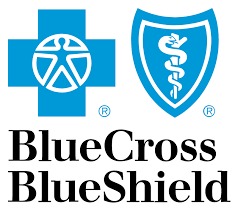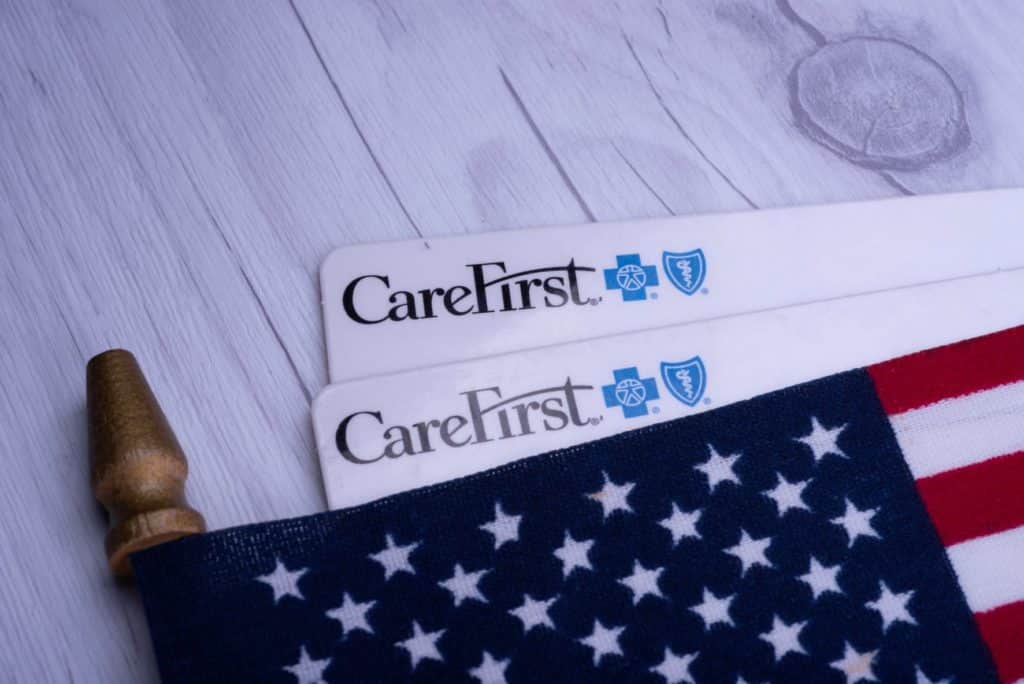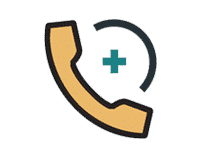Blue Cross Blue Shield Coverage Mental Health
One of the nation’s largest healthcare insurance providers is Blue Cross Blue Shield (BCBS). BCBS provides health insurance to over 106 million people in the United States. BCBS offers several different types of plans, but all plans provide coverage for substance abuse and mental health services.
Since 1929, Blue Cross Blue Shield (BCBS) companies have provided healthcare coverage to members, allowing them to live free of worry, free of fear. We understand and answer to the needs of local communities, while providing nationwide healthcare coverage that opens doors for 114.5 million members in all 50 states, Washington, D.C., and Puerto Rico.
Coverages For Substance Abuse Treatment
Alcoholism is a serious disease that can have devastating consequences if left untreated. Despite its popularity, alcohol is a central nervous system depressant known for its euphoria. If you’re struggling with alcoholism, BCBS can help you get the treatment you need.
Stimulants are a type of medication used to treat attention deficit hyperactivity disorder (ADHD). They can also be used to treat narcolepsy. BCBS covers addiction to stimulants, including:
- Adderall
- Concerta
- Dexedrine
- Ritalin
Benzodiazepine (benzos) is a type of medication used to treat anxiety, panic disorders, and seizures. BCBS covers several benzodiazepine use disorders, including:
- Ativan
- Klonopin
- Valium
If you have an anxiety disorder, BCBS can help you get the treatment you need. Contact your local provider to learn more about your coverage options.
Opioids are a type of medication used to treat pain. They can also be used to treat anxiety and other mental health conditions. BCBS covers addiction to opioids, including:
- Oxycodone
- Percocet
- Vicodin
Heroin is an illegal drug that is used to treat pain. An opiate (narcotic) drug is processed from morphine and extracted from certain poppy plants. Heroin comes in a white or brownish powder, or a black sticky substance known as “black tar heroin.”
Cocaine is a highly addictive narcotic drug that can be used to treat pain. Smoking or injection creates an intense euphoric “rush” Tolerance builds quickly, easy to overdoseCardiac arrhythmiasIncreased blood pressure, and heart rate.
Marijuana is classified as a Schedule I drug, which means it has a high potential for abuse and no accepted medical use. However, some states have legalized marijuana for medical or recreational purposes. If you live in a state where marijuana is legal, BCBS will cover it if it is prescribed by a licensed provider.
Methamphetamines are a Schedule II drug, which means they have a high potential for abuse but can be used for medical purposes. Similar to cocaine, but with slower onset and longer duration increased body temperature, blood pressure, and pulse rates, insomnia, loss of appetite, and physical exhaustion. Chronic abuse produces a psychosis that resembles schizophrenia: paranoia, hallucinations, and violent and erratic behavior.
Common Medications Used to Treat Substance Use Disorders
Naloxone
Naloxone is a medication that can be used to treat an opioid overdose. It is available as an injection or a nasal spray. Naloxone is covered by BCBS if it is prescribed by a licensed provider.
Antidepressants
Antidepressants are a type of medication used to treat depression. They can also be used to treat anxiety disorders and other mental health conditions. BCBS covers several antidepressants, including:
- Celexa
- Effexor
- Lexapro
- Paxil
What Types of Treatment Does Blue Cross Blue Shield Cover?
The continuum of care is a system of care designed to meet the needs of people with behavioral health disorders. It includes a range of services, from prevention and early intervention to treatment and recovery.
is a system of care designed to meet the needs of people with behavioral health disorders. It includes a range of services, from prevention and early intervention to treatment and recovery.
The continuum of care is often represented as a diagram:
- The first level of care, on the left side of the diagram, is prevention and early intervention. This level includes activities that prevent or reduce the severity of mental illness or substance abuse.
- The second level of care is treatment. This level includes activities that help people to manage their symptoms and improve their functioning.
- The third level of care is recovery. This level includes activities that help people to live independently and participate fully in their community.
- The fourth level of care, on the right side of the diagram, is maintenance and continuing care. This level includes activities that help people to stay in remission and prevent relapse.
Blue Cross Blue Shield Behavioral Health is designed to meet the needs of people with behavioral health disorders at all stages of their illness.
Detox is the first step in overcoming substance abuse and is typically covered by insurance. During detox, you’ll be closely monitored by medical professionals as your body clears the substance from your system.
Inpatient treatment is a live-in rehabilitation program that provides around-the-clock care and support. This level of care is often recommended for those with severe substance use disorders or who have relapsed after previous treatment attempts.
Outpatient treatment allows you to live at home while receiving regular therapy and counseling sessions. This type of care is best suited for those with milder substance use disorders or who have a strong support system at home.
Partial hospitalization programs (PHP) provide many of the same services as inpatient treatment, but on a less intensive level. PHP is often recommended for those who have completed an inpatient program and need additional support to transition back into their everyday lives.
Intensive outpatient programs (IOP) are similar to partial hospitalization programs, but with even less structure and fewer hours spent in treatment. IOP is typically recommended for those who have mild substance use disorders or who have completed an inpatient or PHP program.
After completing a residential treatment program, it’s important to find a continuing care or aftercare program to help you maintain your sobriety. These programs can provide you with ongoing support and accountability
Does Blue Cross Blue Shield Cover Mental Health?

Mental illness is a broad term that includes a wide range of conditions, from anxiety and depression to bipolar disorder and schizophrenia.
If you’re struggling with mental illness, Blue Cross Blue Shield Mental Health coverage can help you get the treatment you need. Mental health disorders are common, with 1 in 5 adults experiencing a mental illness each year.
In general, BCBS plans cover a wide range of mental health services. This includes both inpatient and outpatient care, as well as individual and group therapy sessions.
Therapy comes in many forms, each one tailored to fit the needs of the individual, group, or family:
- Individual therapy is a type of counseling that focuses on helping an individual work through personal issues. This may include addressing past trauma, working through grief, or improving self-esteem.
- Group therapy involves meeting with a group of people who are facing similar issues. This can be an effective way to learn from others and gain support from those who understand what you are going through.
- Family therapy is focused on improving communication and relationships within a family unit. This may include working through conflict, addressing substance abuse, or improving parenting skills.
No matter what type of therapy you choose, Blue Cross Behavioral Health services can help you find a provider that is right for you.
Some specific treatments that may be covered by BCBS include:
- Cognitive-behavioral therapy (CBT): CBT is a type of talk therapy that can help you manage your thoughts, emotions, and behaviors.
- Dialectical behavioral therapy (DBT): DBT is a type of CBT that focuses on helping you develop coping skills for managing difficult situations.
- Eye movement desensitization and reprocessing (EMDR): EMDR is a type of therapy that can help reduce the symptoms of post-traumatic stress disorder (PTSD).
- Psychodynamic therapy: Psychodynamic therapy focuses on exploring the impact of your early experiences and relationships on your current mental health.
If you’re considering treatment for a mental health disorder, the Blue Cross Blue Shield will likely cover at least some of the costs.
Dual diagnosis treatment is designed to address both mental illness and substance abuse simultaneously. If you have a Blue Cross Blue Shield insurance policy, it will likely cover at least some of the costs associated with this type of treatment.
Inpatient treatment is a live-in rehabilitation program that provides around-the-clock care and support. This level of care is often recommended for those with severe substance use disorders or who have relapsed after previous treatment attempts.
Outpatient mental health treatment is a type of care that is provided in a less intensive setting than inpatient care. This level of care is typically more suitable for people who are experiencing less severe mental illness and who do not need 24-hour supervision.
How Sana Lake Recovery Can Help
Sana Lake Recovery offers a variety of services, including individual and group therapy, medication management, and case management.
If you have Blue Cross Blue Shield insurance, it will likely cover at least some of the costs associated with our services. Contact us today to learn more about how we can help you on your journey to recovery.
References:
https://www.dea.gov/factsheets?keywords=&page=0
https://www.bcbs.com/about-us/the-blue-cross-blue-shield-system
Contact Us
Get Help for You or A Loved One





